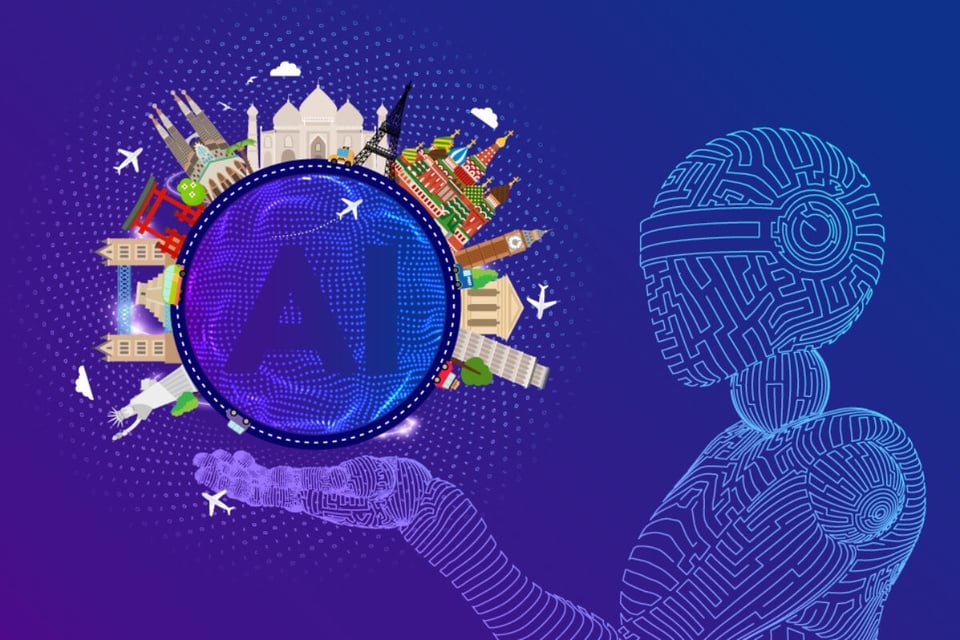 |
Applications of AI, especially real-time translation, will have a huge impact on the tourism industry. Photo: AppleTech . |
Banyan Group founder Kwon Ping Ho envisions a future where guests at sake bars on Japan’s Noto Peninsula can easily converse with chefs using instant translation technology. Such barrier-free conversations will “dramatically expand the boundaries of the tourism industry,” he said.
With more than 30 years of experience in the hospitality industry, Mr. Ho built his career from his first resort in an abandoned tin mine in Phuket, Thailand in 1994. At 72 years old, the entrepreneur shared with Business Insider that AI tools like real-time translation are predicted to create a major breakthrough in his field.
“The AI technology that I believe will revolutionize our tourism industry is, surprisingly, not AGI, but translation,” Mr. Ho said at the International Conference on Cohesive Societies in Singapore.
AGI, or artificial general intelligence, is a version of AI with human-like thinking and reasoning abilities. However, the timing of this technology’s realization remains a matter of debate among experts, with predictions ranging from a few years to a few decades.
 |
Mr. Kwon Ping Ho, Chairman of Banyan Tree Group. Photo: CNA/Aik Chen . |
On the other hand, Mr. Ho believes that available AI-based technologies such as real-time translation software can have a huge impact, even changing the tourism industry forever.
Translation software, he said, will boost travelers’ confidence in exploring far-flung destinations, even if they don’t speak the local language. Ho likened the technology’s impact to the boom in low-cost airlines in the 1990s and 2000s, which opened up more affordable travel to the masses.
“One of the biggest obstacles to tourism is the language barrier and limited destinations. While guided tours have solved this problem to some extent, when tourists want to experience more deeply, they need to interact directly with local people,” Mr. Ho shared.
“Access to instant translation will encourage tourists to explore areas they were previously reluctant to visit. They can go to the most remote villages in Japan or Indonesia and not feel at all alien,” he added.
Ho is not the only hotel industry figure who sees AI as having an impact on the industry. However, experts also acknowledge that the impact of the technology is still limited due to its infancy.
During Airbnb's earnings call in February, Brian Chesky, the company's co-founder and CEO, said that AI "isn't quite ready for prime time." Chesky said Airbnb would prioritize implementing AI in customer service functions before expanding the application to other areas.
“It’s still very early days. It’s probably like the mid- to late-90s for the internet. So I think it will have a profound impact on travel, but I don’t think it’s fundamentally changed any of the major travel platforms,” Chesky said.
Source: https://znews.vn/ai-sap-thay-doi-nganh-du-lich-mai-mai-post1570439.html


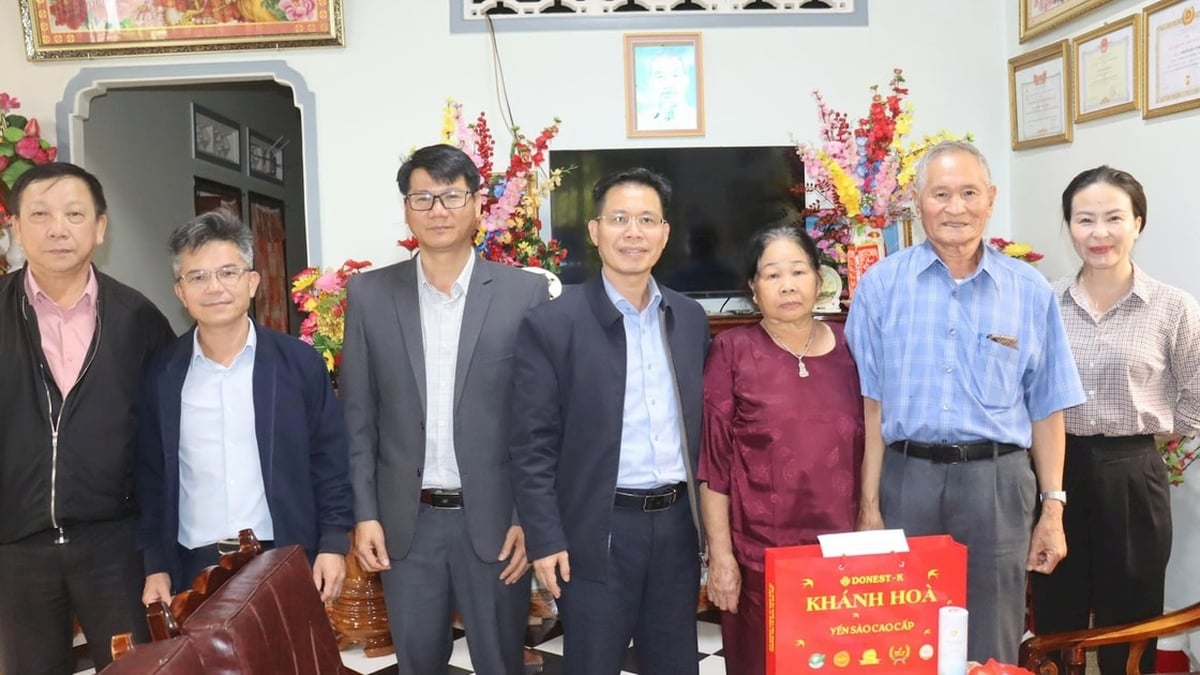


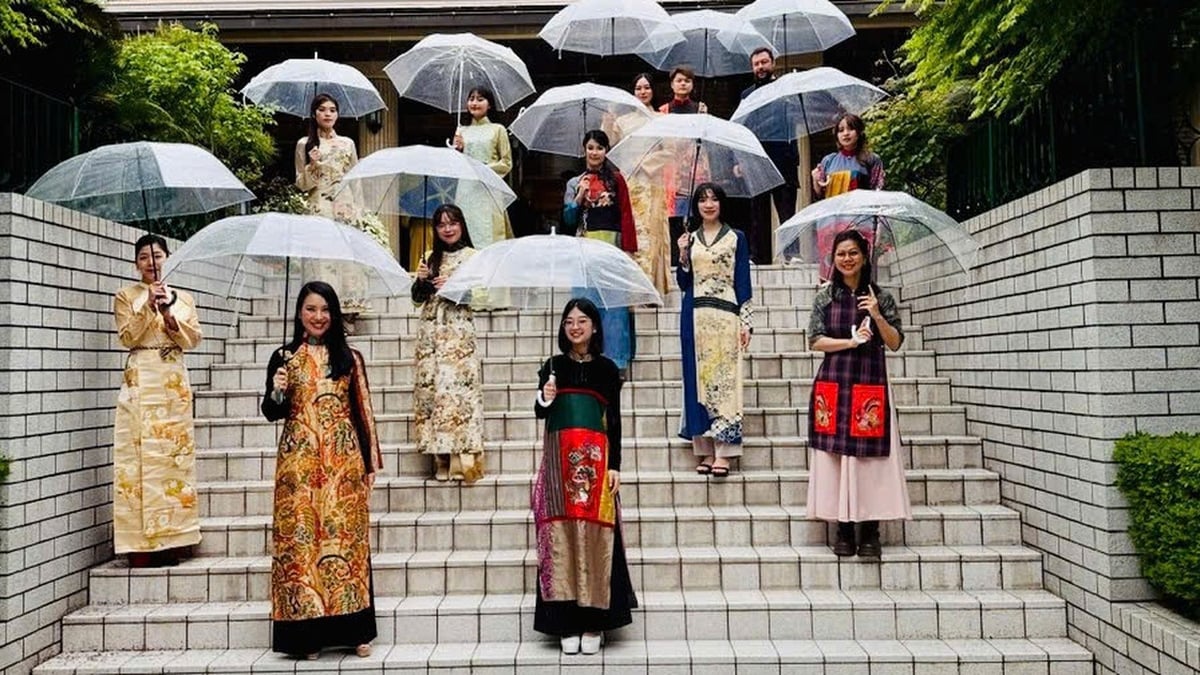

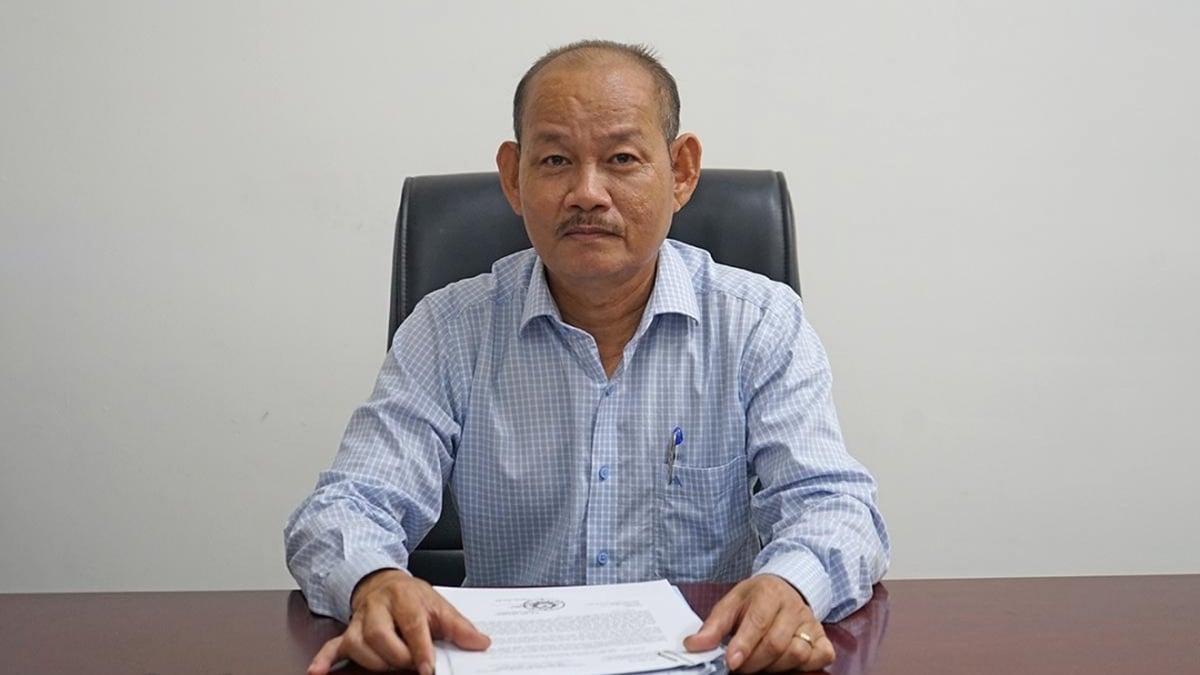

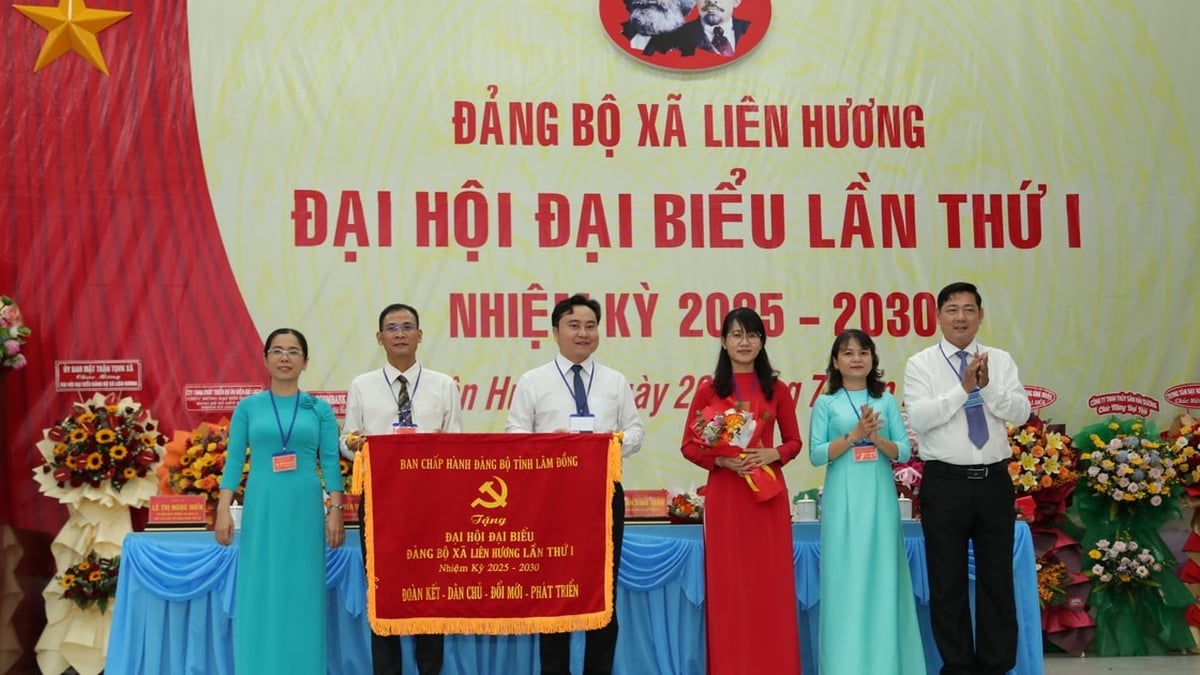
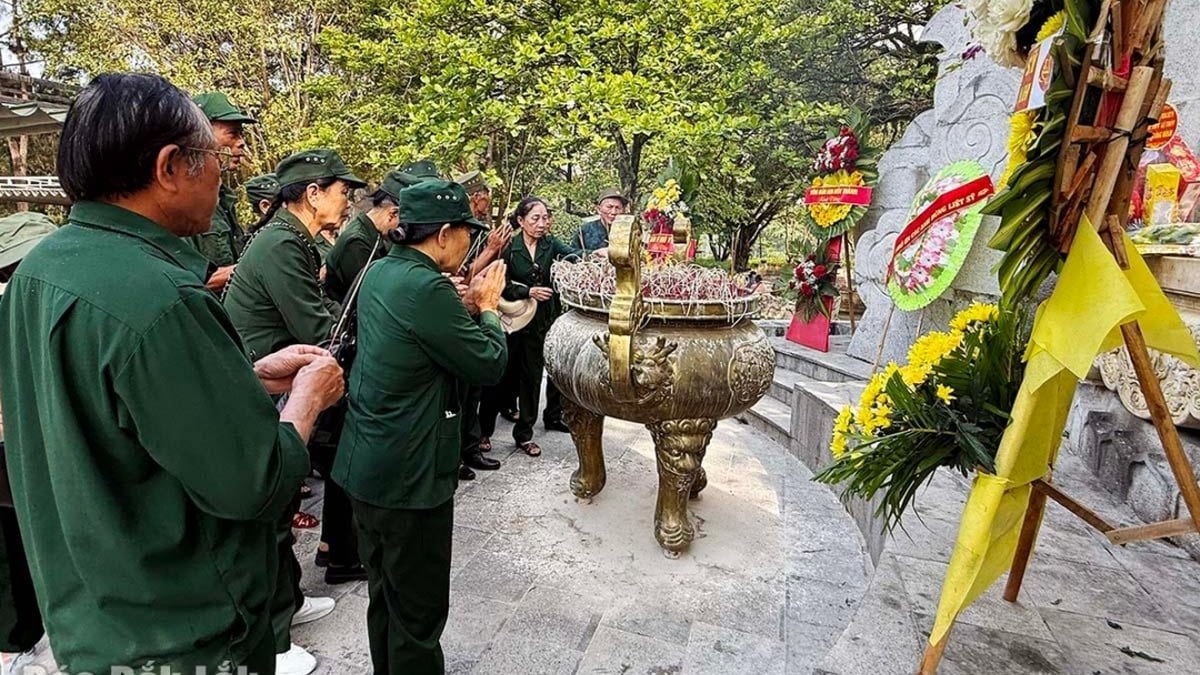
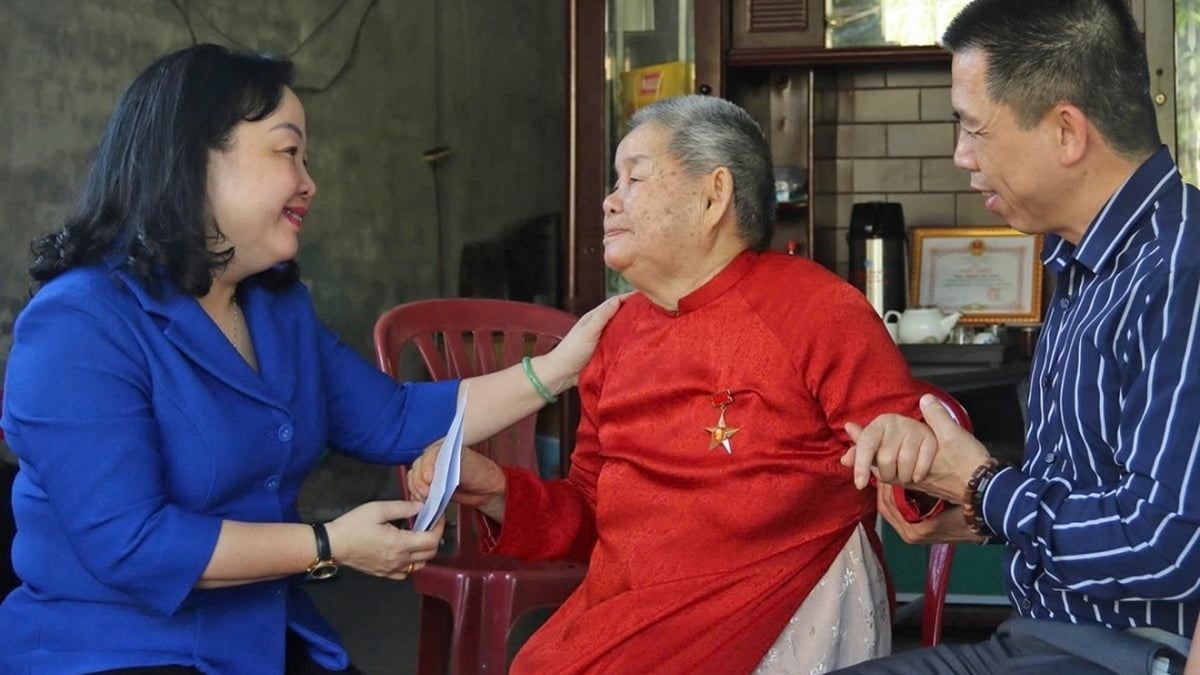























































![[Photo] National Assembly Chairman Tran Thanh Man receives Chairman of Morocco-Vietnam Friendship Association](https://vphoto.vietnam.vn/thumb/402x226/vietnam/resource/IMAGE/2025/7/26/b5fb486562044db9a5e95efb6dc6a263)



































Comment (0)